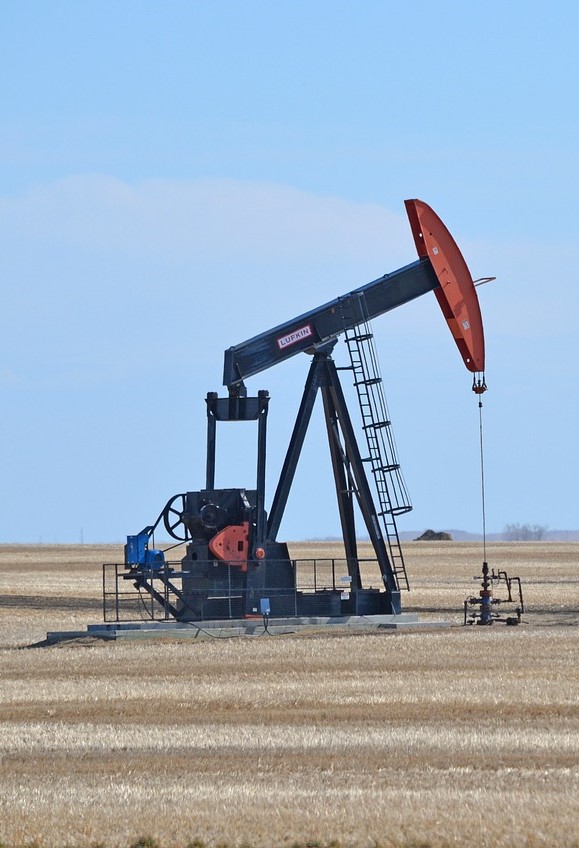Did you know that owning a piece of land doesn’t automatically entitle you to the mineral rights of the land? If this was news to you or if you just discovered the difference between mineral rights vs. surface rights, we are here to tell you that you are not alone. This article will highlight the differences between surface and mineral rights, the importance of verifying ownership of your mineral rights, and other nuances related to this topic.
Who Owns the Mineral Rights to My Property?
Mineral rights refer to the rights over mineral deposits beneath a property’s surface. This includes the rights over oil, natural gas, coal, and other minerals that may be found subsurface or below the surface of the property. Surface rights refer to ownership and rights over the surface of the land and everything up to drinking water depths, including sand, gravel, and groundwater.
In many cases, mineral rights and surface rights belong to the same owner. Mineral rights are typically part of a property conveyance. However, it is common for property owners to separate mineral and surface estates during a sale. Subsequent land or property owners are often surprised to find out that they don’t own the mineral rights to the land. That is because property can be sold, transferred, or leased in the US without the mineral rights being part of the agreement. Confusion also arises because the separation of mineral rights and surface rights is explicitly mentioned in the sale deed only the first time it is done. After that, any sale will only be the sale of surface rights.
The question of mineral rights vs. surface rights arises when the owner separates the two. This can be done in a variety of ways:
- Selling or transferring the land while retaining the rights to the minerals for themselves. If this is the case, the sale document will include a statement indicating that the seller reserves the rights to the minerals.
- Selling or transferring mineral rights but retaining surface rights to the land. In such a scenario, the seller issues a mineral deed to the individual purchasing the mineral rights.
- Selling the surface rights to one person and the mineral rights to another
Did you know?
In the case of a split estate in the US, the owner of the mineral estate has greater sway power than the individual or company with only surface rights.
Do I Own the Mineral Rights to My Property?
The best way to be certain that you own the mineral rights to your property is to look at your property records. If your property records are incomplete, you can go to the country courthouse where the property is owned and check the records maintained by the county clerk. This is, sometimes, a multi-step and complex process, and you may need to trace back to older sales and deeds to obtain accurate information. This can take a considerable amount of time and effort. However, this is important if you want to sell, lease, or transfer your mineral rights. You could also hire a professional landman or title company to track local records. Companies like Retama Minerals have trained landmen to collect data and verify ownership.
It is essential to find out if you own mineral rights to your property for the following reasons:
- If you want to capitalize on your mineral rights and want to explore extracting minerals from your property.
- If you want to lease out your mineral rights to an oil and gas company.
- In case a third-party claims to own the mineral rights of your property.
- In case a third party wants to drill a well and produce hydrocarbons on your property.
- To find out if your mineral rights cover specific minerals or they apply to all minerals found in your property.
- To understand if there are any special clauses in the minerals deed that may include specifics on the duration of drilling and the depth up to which drilling can be done, amongst other details.
Find out more about locating your mineral rights records here.
Working with Retama
Tracking sale deeds, sifting through documents, ascertaining ownership, dealing with severability, and interpreting other clauses are time-consuming processes. In addition, laws pertaining to mineral rights are often complicated and difficult to interpret.
For a hassle-free enquiry, contact Retama Minerals at (405) 306-4289. If you’d like a Retama Minerals representative to contact you, fill out the form here. We will reach out and get an understanding of the mineral rights vs. surface rights of your property. If there is a good chance of ownership, we will do all the background research and investigation for free. Once you have all the necessary information and documentation, you can make an informed decision on how you want to exercise your mineral rights.



